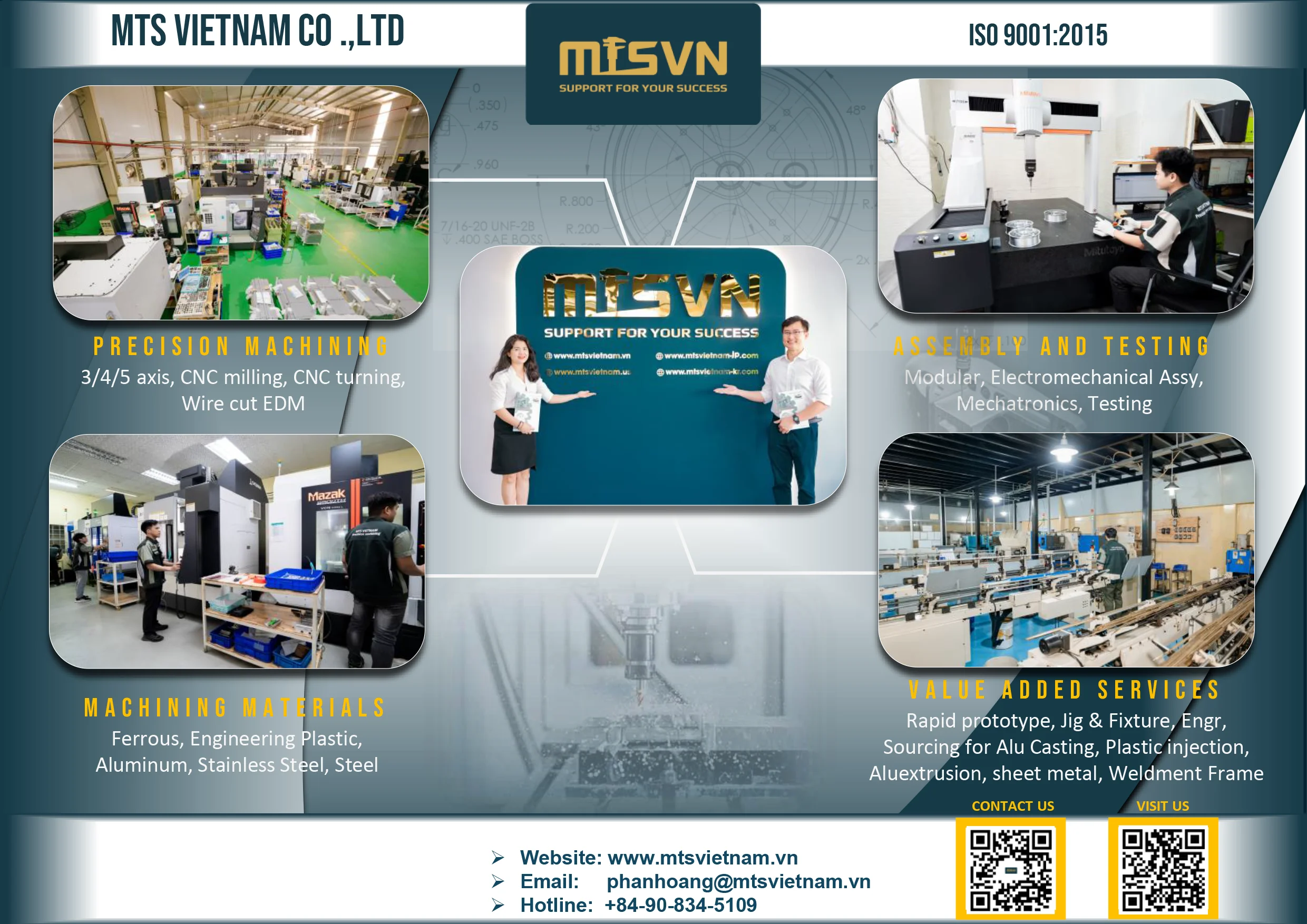Introduction
In the precision-driven world of Computer Numerical Control (CNC) machining, the bed of the machine plays a crucial role. Serving as the robust surface on which the workpiece is secured, the bed is fundamental to the accuracy, stability, and quality of the machining process. This article explores the significance of the CNC bed, detailing its functions, types, and the materials used in its construction.
Importance of the CNC Bed
The bed in a CNC machine is more than just a base; it is the foundation that supports the entire machining operation. It holds the workpiece in place, ensuring stability during the high-speed cutting processes that characterize CNC operations. The design and material of the bed directly influence the machine's ability to absorb vibrations and maintain alignment, which are essential for achieving high precision and surface finish in the final product.
Key Functions of the CNC Bed
- Support and Stability: The bed supports the workpiece, providing a stable platform that resists vibrations and movement during machining.
- Vibration Dampening: High-quality beds are designed to absorb and minimize vibrations, which helps in maintaining the precision of the cut and extends the life of the machine.
- Thermal Stability: The bed must resist deformation under varying temperatures since heat generated during machining can affect dimensional accuracy.
- Alignment and Calibration: The bed aids in the proper alignment and calibration of the machine, ensuring that all components move in coordination to produce accurate machining results.
Types of CNC Beds
- Flat Bed: Commonly used in lathes, the flat bed provides a straightforward, stable surface for straightforward machining tasks.
- Slant Bed: Typically found in high-performance CNC lathes, the slant bed design helps in easier chip removal and provides better access to the tool turret, enhancing operational efficiency and accuracy.
- Box Bed: Known for its rigidity and excellent vibration dampening properties, the box bed is used in heavy-duty machines that require additional stability.
Materials Used in CNC Bed Construction
- Cast Iron: Widely favored for its excellent vibration dampening properties, thermal stability, and affordability. It is the most common material used for CNC beds.
- Granite and Polymer Composites: These materials are sometimes used for high-precision applications due to their superior thermal stability and vibration dampening characteristics.
- Steel and Welded Constructions: Used for certain types of machines, these materials provide good stability and are cost-effective, though they may not offer the same level of vibration resistance as cast iron.
Technological Advancements
Recent advancements in materials science and engineering have led to improvements in CNC bed designs:
- Hybrid Materials: The use of hybrid composites that combine metals with polymers or ceramics can enhance thermal stability and vibration dampening.
- Thermal Compensation Technologies: Some modern CNC machines incorporate thermal sensors and compensation algorithms to adjust for any thermal expansion or contraction of the bed.
- Modular Designs: Modular bed designs allow for greater flexibility and customization of the machine setup, accommodating a wider range of parts and operations.
Challenges and Considerations
When designing or selecting a CNC machine, the choice of the bed is crucial. It must be matched with the machine’s intended use, considering factors such as the type of materials to be machined, the required precision, and the operational environment. Maintenance of the bed, including regular checks for alignment and surface integrity, is also essential to ensure long-term accuracy and performance.
Conclusion
The bed of a CNC machine is a critical component that underpins the entire machining process. Its design, material, and maintenance are key to achieving the high levels of precision and stability required in modern manufacturing. As CNC technology evolves, ongoing innovations in bed construction are set to further enhance the capabilities and efficiency of CNC systems, maintaining their status as pivotal elements in the industrial manufacturing sector.
MTS Vietnam is a prominent company specializing in precision mechanical components fabrication. Established in 2017, it has quickly become a reputable name in the Vietnamese and Southeast Asian markets. The company's expertise lies in CNC milling and turning parts made from a variety of materials, including Aluminum, Steel, Stainless, POM, and other engineering plastics. MTS Vietnam is dedicated to supporting the success of its customers and strives to be a leading company in the field of precision mechanical processing both in Vietnam and internationally.
In addition to its fabrication services, MTS Vietnam offers assembly services for components and machines, as well as CNC program services. This comprehensive range of services is aimed at providing optimal solutions and benefits to its customers through the company's ecosystem and strengths. MTS Vietnam emphasizes the importance of investing in new technology and quality control equipment to ensure that it can deliver merchandise at competitive prices and within the required deadlines.
WORKSHOP: 248/10 ĐT743A Street, Binh Thung 1 Quarter, Binh An Ward, Di An City, Binh Duong Province, Vietnam
Tel/zalo/viber: 0908.345.109
Email: phanhoang@mtsvietnam.vn | info@mtsvietnam.vn
Website: www.mtsvietnam.vn (Global Market) | www.mtsvietnam-jp.com (日本)
For USA Sales, please contact MTS USA at:
Tel/zalo/viber: 978-777-1716
Email: sales@mts-usasales.com
Website: www.mtsvietnam.us (US Market)







